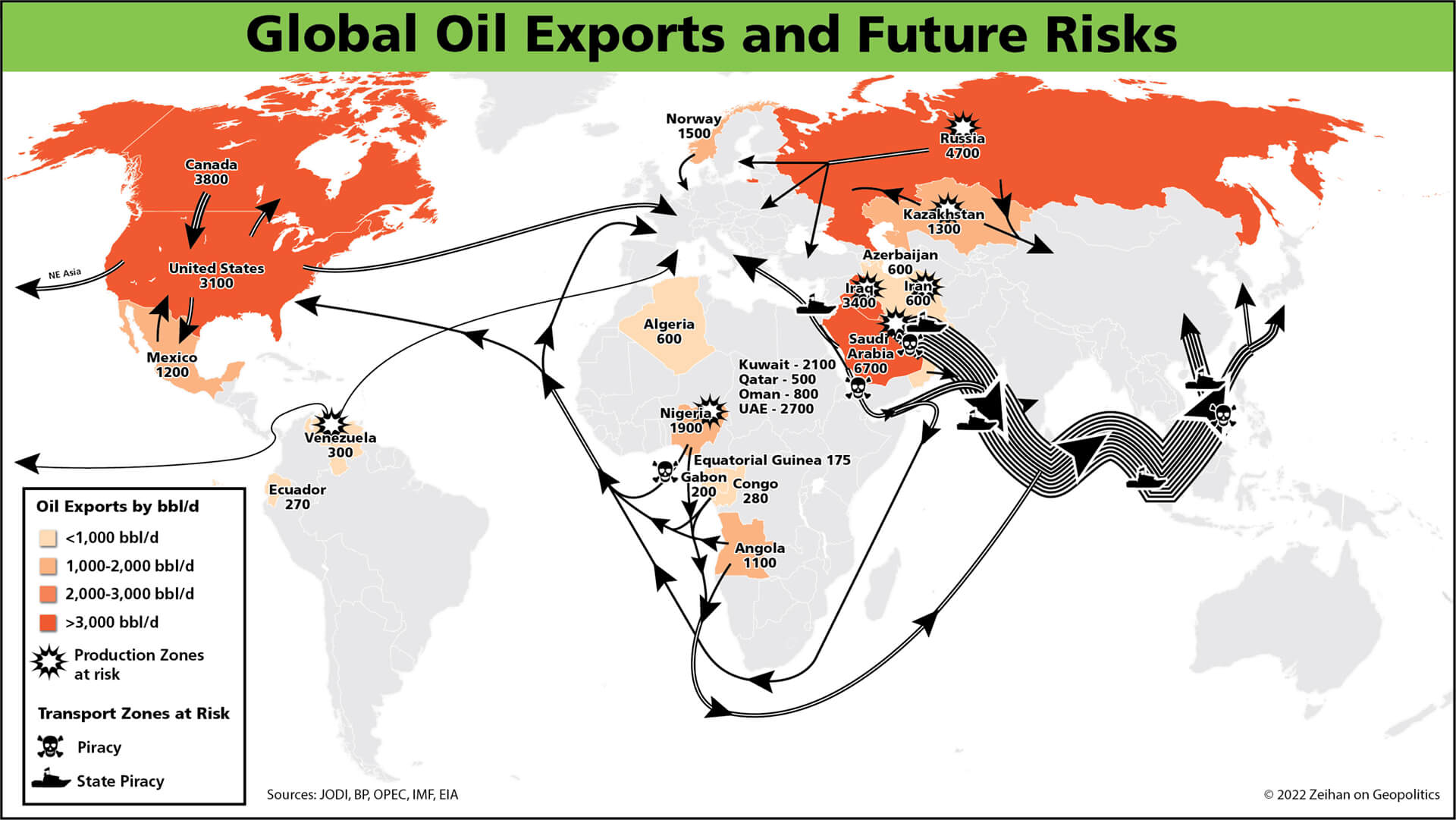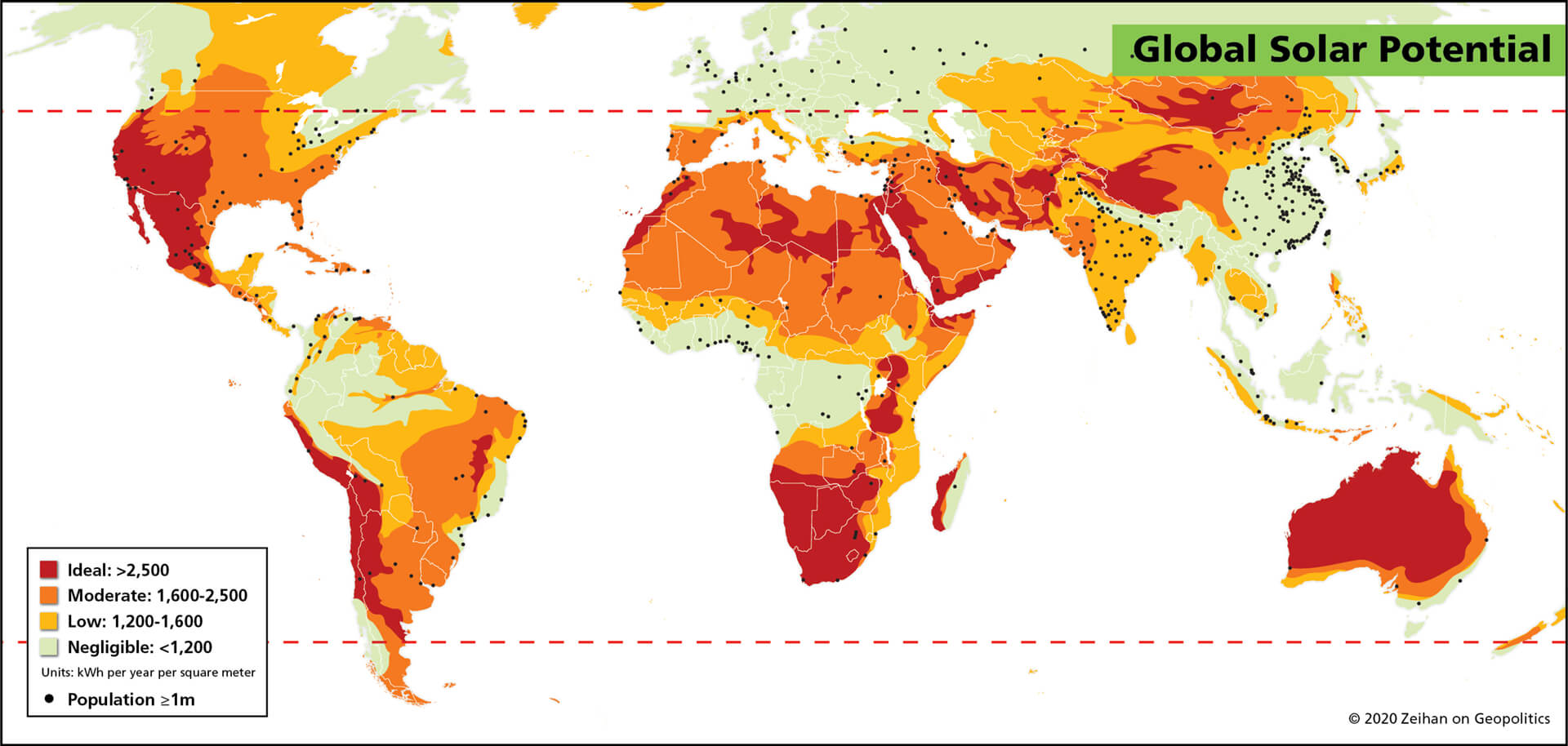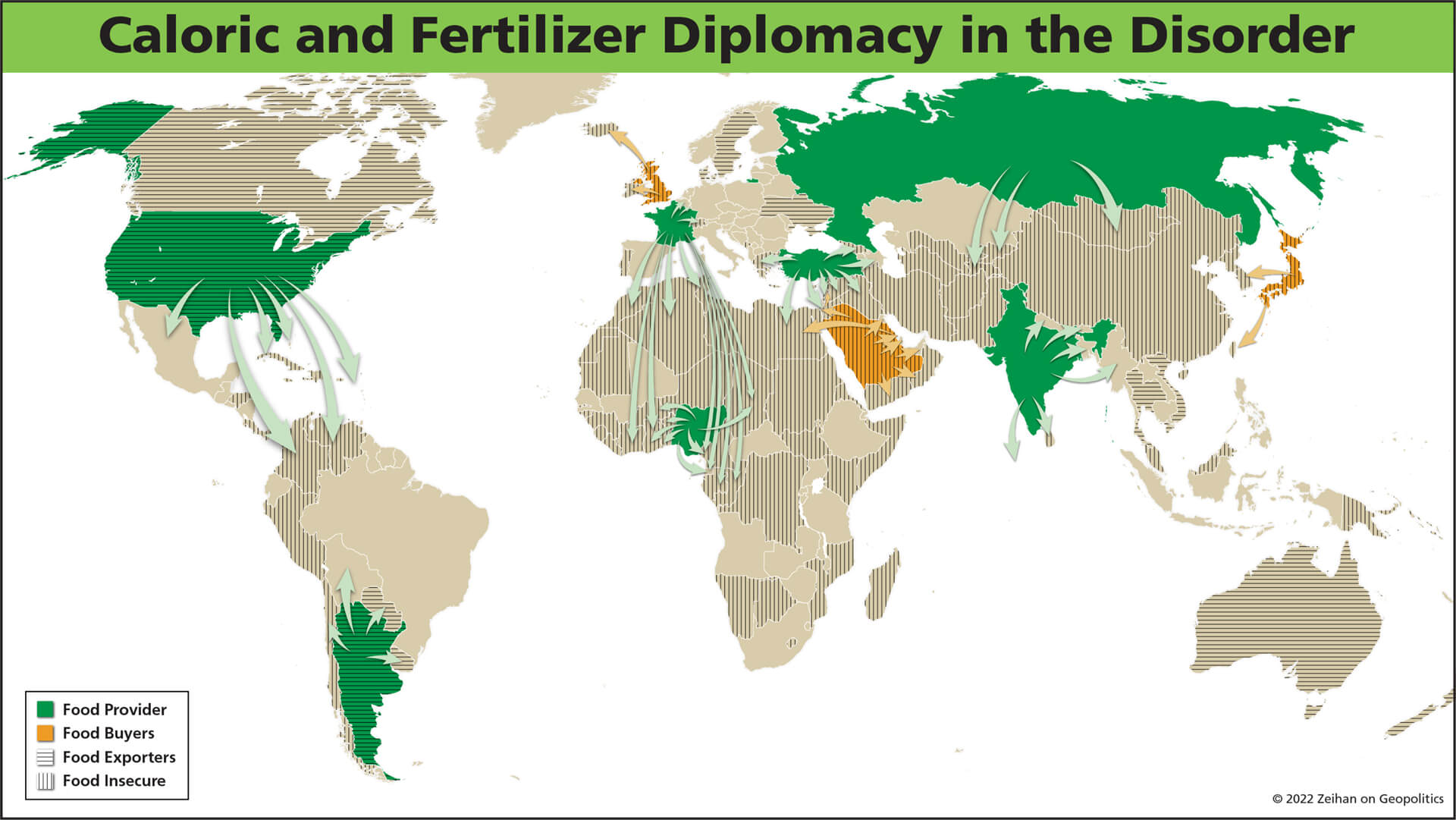The End of the World is Just the Beginning Book Review
July 23, 2022Peter Zeihan's latest book, The End of the World Is Just the Beginning: Mapping the Collapse of Globalization, is the most recent addition to his 'disorder' quadrilogy is both his most ambitious and best work to date.
If you haven't heard of Zeihan, he's a geopolitical analyst with some radical, yet so-far vindicated, ideas regarding an impending (current?) radical shift in the post-WWII world order. Broadly speaking, his thesis is that the current era of global free trade and growth is something of an artiface intentionally manufactured by the United States after the end of the Second World War, spurned on by both an ideological and strategic incentive. Essentially, the theory goes that the current era of peace is a result of American financial support (Bretton Woods and the subsequent monetary regime) and military and especially naval support (the U.S. Navy tamping down on piracy and enforcing freedom of navigation globally). Not only did this order allow America to combat the Soviet Union, it was also perhaps the best path for general American prosperity.
The problem, Zeihan posits, is that this is all ending. The ideological rival of the Soviet Union with its total anti-free trade command economy no longer exists, and so the U.S. no longer has that strategic rival to contend with globally. In the U.S.S.R.'s place has risen the P.R.C., which rather than being weakened by globalization, has and continues to benefit massively from it. Combine that with the fact that American politics has become increasingly illiberal (both left and right) and the fact that America is now energy-independent thanks to the shale revolution (covered in-depth in Zeihan's previous book The Absent Superpower).
This combination of factors means that America no longer has the incentive to continue its costly policy of internationalist globalization. Instead, the United States is, gradually, returning to its isolationist roots once again. TEOTWIJTB examines what that will mean in the decades ahead.
The book is organized into seven sections, the first of which lays out groundwork, with the latter six focusing on various areas of economic production, namely transport, finance, energy, material inputs, industry, and agriculture. As always, Zeihan delivers stellar analysis on the topics discussed that isn't the usual rehashed sources most geoanalyists provide. Who else would inform you of the fact that the tiny town of Spruce Pine, North Carolina mines virtually the entire world's supply of high-grade quartz suitable for semiconductors?
One of Zeihan's most extraordinary claims is one I find questionable, yet lack any objective rebuttles for, namely his position that the People's Republic of China is imminently doomed because of a combination of demographic collapse, total energy insecurity, and a dysfunctional state. I won't reiterate all of his points here, but if things go the way he suggests (which I am again skeptical of), it will be perhaps the most remarkable national collapse in human history.
Overall, The End of the World is Just the Beginning is a terrific book that is required reading for anyone wanting to conject about the future of the world.
I'd be remiss if I didn't suggest checking out his recent energy lecture which covers and expands a lot of the same ground TEOTWIJTB does.
Finally, here are a few of the most striking graphics from the book, freely available on Zeihan's website:


